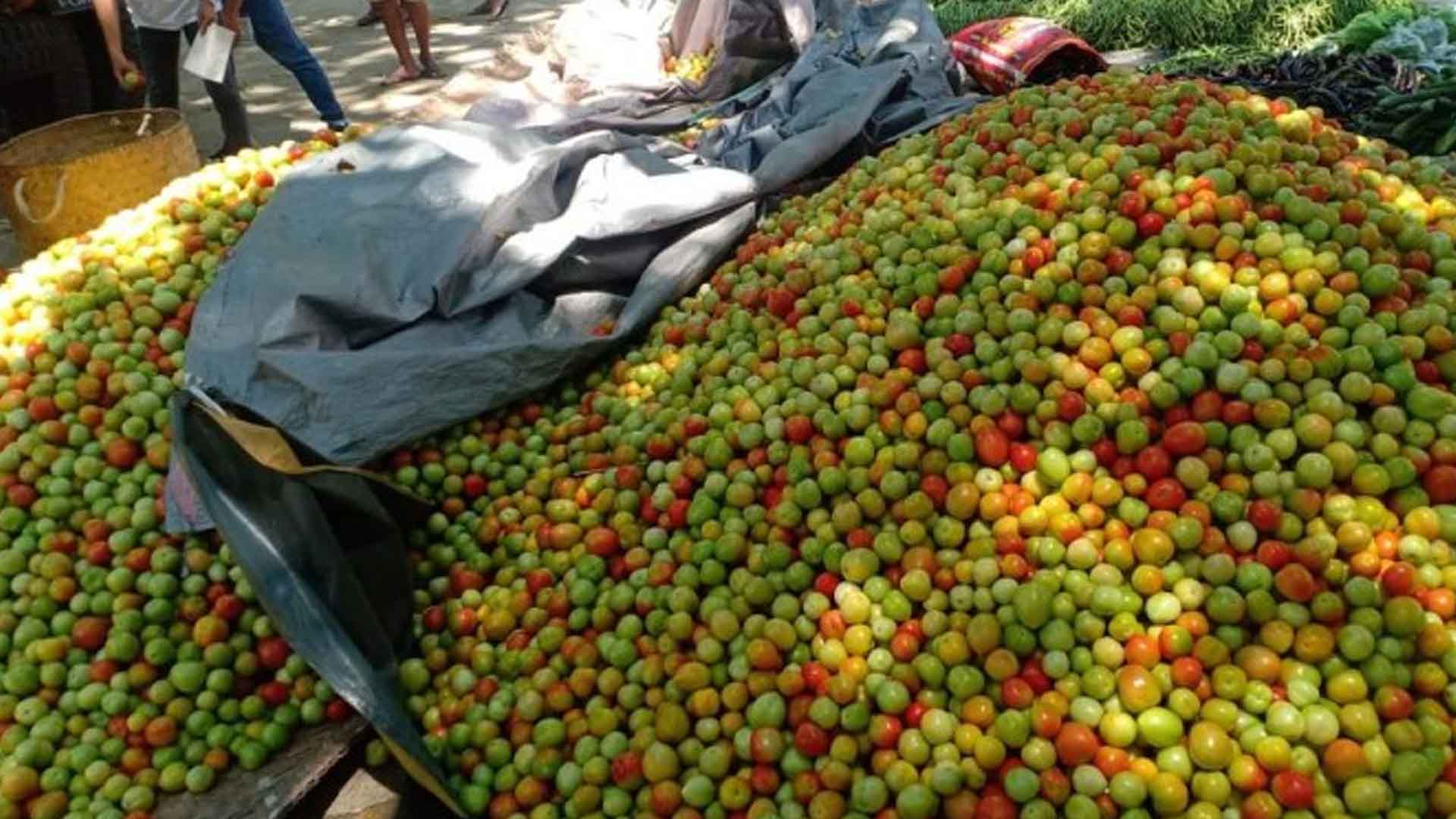The Department of Science and Technology (DOST) is encouraging food processing businesses to adopt the innovations it has developed to avoid wastage resulting from oversupply.
“We urge entrepreneurs who are involved in food processing to help our local farmers in addressing oversupply by using DOST-developed technologies,” Science and Technology Secretary Renato Solidum Jr. said in an interview Friday.
He said at least 31 food innovations developed locally have been launched and are open for technology transfer.
Solidum said the recently developed innovations seek to resolve the oversupply issues of some farmers in various regions.
Among these are products from Luzon, such as the “chicha matis” (tomato crisp); “tomango” (tomato–mango juice); pinindot-to-go (ready-to-eat bilo-bilo); colored sweet potato flour; and powdered instant soy milk tea.
Other products are smoked coconut milk powder from the Bicol University; ginger puree from the Cebu Institute of Technology; soymilk with corn grits, wombok powder, and tomato-pineapple powder from the University of Science and Technology of the Southern Philippines; pickled seaweed, crab sauce powder, and calamansi-lagundi powder from the Zamboanga State College of Marine Science and Technology.
Food innovations from Mindanao include tuna congee, mixed fruit chips, and Chevon sausage.
These were developed by DOST researchers with the help of the Industrial Technology Development Institute, and the Philippine Council for Industry, Energy, and Emerging Technology Research and Development – two agencies tasked to help them from training to marketing concepts, as well as through funding.
Among these product innovations, Solidum highlighted the “chicha matis,” a crunchy vacuum-fried tomato with no added starch-based ingredients.
“This innovation was originally developed to address the excessive supply of tomato, which often led to food wastage. Currently, the product is under the term sheet with the Lighthouse Cooperative in Tuguegarao City, Cagayan,” he said. (PNA)







